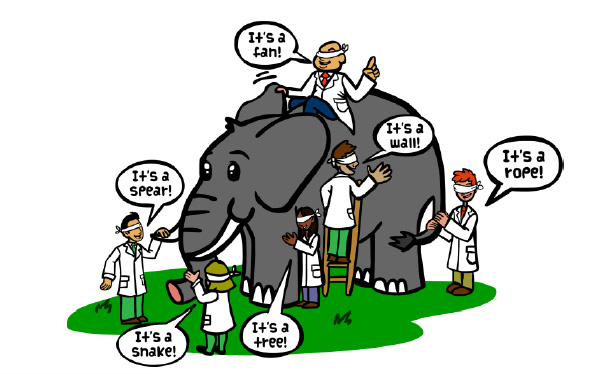I'm new in game development and I'm struggling to implement Entity Component System (ECS) properly, I have no idea whether I'm doing it right or completely wrong.
Basically, I try to implement ECS pattern with SceneGraph system, so here my current understanding:
Entityis nothing but a components bag, it has no logic but it may (or may not?) contain essential information to differentiate from the otherEntityor grouping them as well, such as ID, Name, Tags, etc.Componentis a data container but contains no logic how to process the data but may contains function to manipulate the data, for example aTransformcomponent may containsInverse()function.Systemis the implementation holder, it processEntitybased on itsComponent. TheSystemmay define a "requirement". TheEntityis processed if it match the requirement, for exampleSpriteRendererSystemonly processEntitythat containsSpriteRendererandTransformcomponent.
Currently, I have no idea if it's correct or completely mess. Therefore, I try to implement ECS along with SceneGraph as stated before, here my SceneGraph implementation:
Nodeis an object in theScene, basically, everything that need to added into theScenemust implement this. TheNodecan add anotherNodeinstances as its child as well as parent. Currently, myEntityimplementNode, meaning that allEntitycan be added intoSceneSceneis the top most level ofNode, it represent a root ofNodeand there can be only one activeSceneat a time. TheScenebasically implementsNodeand it hasUpdate()andRender()functions, this functions is called bySceneDirectorSceneDirectoris basically inherit game window, it manage the active Scene, passingRender()andUpdate()method to the active scene as well as updating theInputstates to theScene.
Now, I combine both pattern as follows:
- The
Scenehas a list ofSystemas well as list ofNode. Depending theSystem, theSystemmay called onRender()function if theSystemis Renderable, otherwise it will called onUpdate()function- Upon
Render()/Update()function, theScenewill loop the entireEntity, it also loop the entire registeredSystem. TheSystemwill check theEntitywhether the requirement is match, if the requirement is fulfilled, theEntitywill be processed by theSystem
Now my questions:
- Can
Componenthold the logic? or it should not and stay as a bag of data? - Is it correct implement
NodeonEntity? - Is it correct to let every instances of
Scenehas their ownSystem? or should I make it globally by storing the list ofSysteminSceneDirector? - Is there any more efficient way to process the
Entityrather than loop theEntitiesand theSystemscompletely? - Is my understanding correct about the ECS? Am I on the right track? or completely wrong?
Thanks in advance

